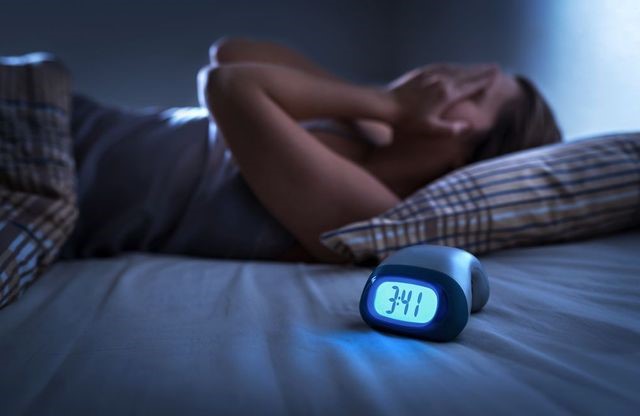
Insomnia, the silent tormentor of countless nights, is a battle that many of us have waged. The tossing, the turning, the relentless cycle of thoughts that refuse to let go – it’s a vicious grip that can rob us of the precious rest we need.
The Many Faces of Insomnia
Defining the Beast
Insomnia isn’t a one-size-fits-all ailment. It wears many faces, from difficulty falling asleep to frequent nighttime awakenings or waking up too early and not being able to get back to sleep. Understanding your specific insomnia type is crucial in formulating effective strategies.
Acute vs. Chronic
Insomnia can be acute or chronic: acute insomnia only lasts for a few nights, usually triggered by stress or life events. On the other hand, chronic insomnia is more persistent and can last for months or even years. Identifying the duration and root causes is the first step toward addressing it.
The Mind-Body Connection: Unraveling the Causes
Stress and Anxiety: The Usual Suspects
Often, insomnia is a manifestation of an overactive mind. Stress and anxiety can hijack our thoughts, making it nearly impossible to switch off when it’s time to sleep. Recognizing these triggers is essential in taming the insomnia beast.
Health Conditions and Medications
Sleep patterns can be disturbed by underlying health conditions or medications. It is crucial to collaborate with healthcare professionals in order to recognize and address these factors effectively.
Strategies for Reclaiming Restful Nights
Mastering Sleep Hygiene
Good sleep hygiene is the foundation of restful sleep. This involves following a consistent sleep routine, setting up a cozy sleep environment, and abstaining from caffeine and electronic devices leading up to bedtime.
Mindfulness and Relaxation Techniques
Better sleep can be achieved by incorporating techniques such as mindfulness meditation, deep breathing exercises, and progressive muscle relaxation. These practices assist in calming the mind and relieving physical tension.
Cognitive Behavioral Therapy for Insomnia (CBT-I)
The structured program known as CBT-I focuses on addressing the thoughts and behaviors that contribute to insomnia. This therapy has been proven effective and offers long-term relief from sleep troubles.
Exploring Alternative Treatments
For a restful night’s sleep, many individuals turn to alternative treatments such as herbal remedies. Cannabis, in particular, has gained popularity as a potential antidote, and varieties like wedding cake strain Canada are beneficial for coping with insomnia.
The Role of Lifestyle Choices
Exercise and Diet
Regular exercise can improve sleep quality, but it’s best done earlier in the day to avoid overstimulation before bedtime. Dietary choices, too, play a role – heavy meals and alcohol close to bedtime can disrupt sleep.
Limiting Stimulants
To ensure a restful night’s sleep, it is advisable to limit or completely eradicate the intake of caffeine and nicotine. Particularly before bedtime, abstaining from these substances can have a profound impact on your sleep quality.
When to Seek Professional Help
If insomnia persists despite your efforts or is severely impacting your daily life, it’s crucial to seek professional help. A healthcare provider can identify any underlying medical conditions and recommend appropriate treatments.
The Power to Sleep Awaits
As our examination of insomnia concludes, keep in mind that you possess the ability to reclaim your nights. Take charge of your sleeplessness by comprehending its intricacies, implementing beneficial sleep habits, and seeking assistance when necessary. Escaping the unceasing loop of sleepless nights requires effort, yet the road to restful slumber and fruitful daytime activities is a worthwhile endeavor that demands both patience and perseverance.

